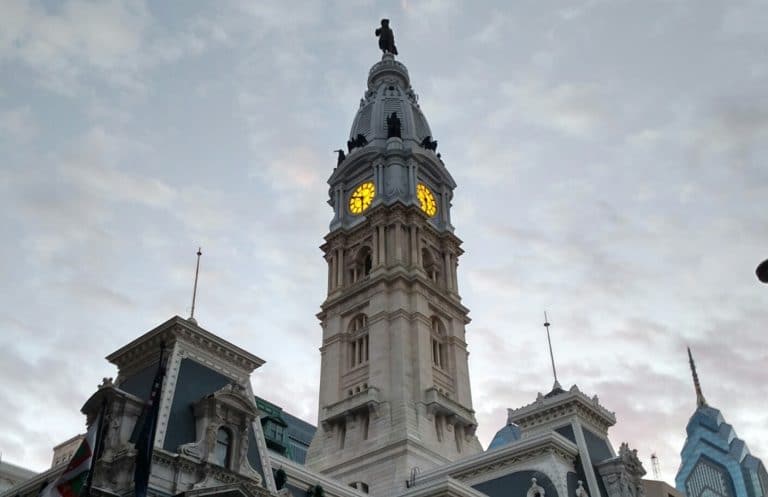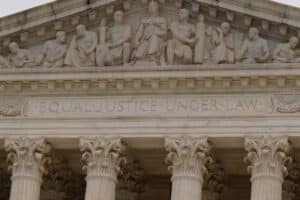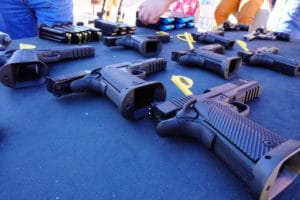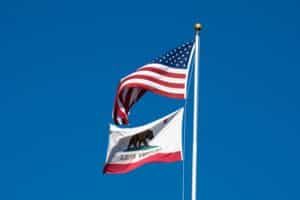Pennsylvania experienced an explosion in gun-carry licenses in 2020—except in Philadelphia, where residents were plagued by shutdowns and roadblocks thrown up by local authorities.
While 62,737 more gun-carry licenses were issued in the state during 2020 than during 2019, an increase of 25 percent, Philadelphia saw a 19 percent decrease. The city, which houses about 12.3 percent of the state’s population and its largest African-American community, issued just 2.3 percent of gun-carry licenses in the state. Philadelphia has the state’s largest population, but 11 other counties issued more gun-carry licenses in 2020. Philadelphia was among just 7 localities to see a decrease, compared to 60 that saw an increase, according to a recently released report from the Pennsylvania State Police.
Only Lackawanna, Potter, and Delaware counties saw a bigger percentage drop in the number of permits issued in 2020, with Lackawanna posting a 34 percent decline. Philadelphia saw the largest raw-number decline by issuing 1,795 fewer licenses in 2020 than in 2019. The Philadelphia Police Department and the sheriff’s departments in the three other counties did not respond to requests for comment.
The drop in licenses issued by Philadelphia came even as gun sales in the city jumped by more than 158 percent to 31,368. That far outpaces the 54 percent increase experienced by the rest of the state.
Philly’s abnormal downturn in issuing licenses may hurt the city in future litigation. It stems from city officials’ decision to shut down the application process at the onset of the coronavirus pandemic and to keep it shut down longer than counties in the rest of the state.
That decision kept some residents like Chris Gonzalez, an insurance salesman living in South Philly, from getting a license despite repeated attempts to apply.
“I just stopped trying,” Gonzalez told The Reload. “It’s not uncommon in the city to have govt agencies having phones that go unanswered without the ability to leave a voicemail. I have actually put it off and decided to put more emphasis on leaving PA altogether.”
When the city did reopen the process, it implemented an appointment process that violated state law by refusing to accept applications until months after residents tried to submit them. After rioting overtook the city in June, Philadelphians concerned about their safety found themselves staring down the possibility of waiting over a year to even submit their application. This occurred despite a state law requiring localities to issue licenses to qualified applicants within 45 days.
Gonzalez said he couldn’t even get through to anyone in the licensing department of the Philadelphia Police last fall.
“Every time I call, I can never get someone on the line,” he told the Washington Free Beacon in October 2020. “It’s a joke.”
James Tordella, a medical supply salesman who lives in the city, put it more succinctly when he described his ordeal of trying to obtain a license as Philly’s murder rate soared later that year.
“S—’s not easy in Philadelphia,” he said.
The city’s backlog and attempt to circumvent state law drew lawsuits from gun-rights groups. Gun Owners of America (GOA) sued in state court over the effort to sidestep the 45-day requirement, while the Firearms Policy Coalition sued in federal court over a weeks-long total shutdown of application processing. The city eventually caved to the legal pressure and agreed to accept applications over email, like most counties, instead of through time-intensive in-person interviews.
But the email process didn’t begin until December 2020 and likely did not result in a significant increase in license approvals before the end of the year. Gun-rights lawyers told the Free Beacon at the time they did not trust the city, believed its officials were intentionally trying to keep licenses from being issued, and planned to watch its policies closely. Andrew Austin, who represented GOA in its state suit, said the city might try to bend or break state law again.
“Instead of making people wait to apply, they may now decide that maybe they can’t comply in 45 days, which, again, the law is against,” Austin said. “But it is Philadelphia, so they may try to do things that are wrong.”
Update 6/4/2021 11:18 am: This story was updated to include new comments from Chris Gonzalez.






